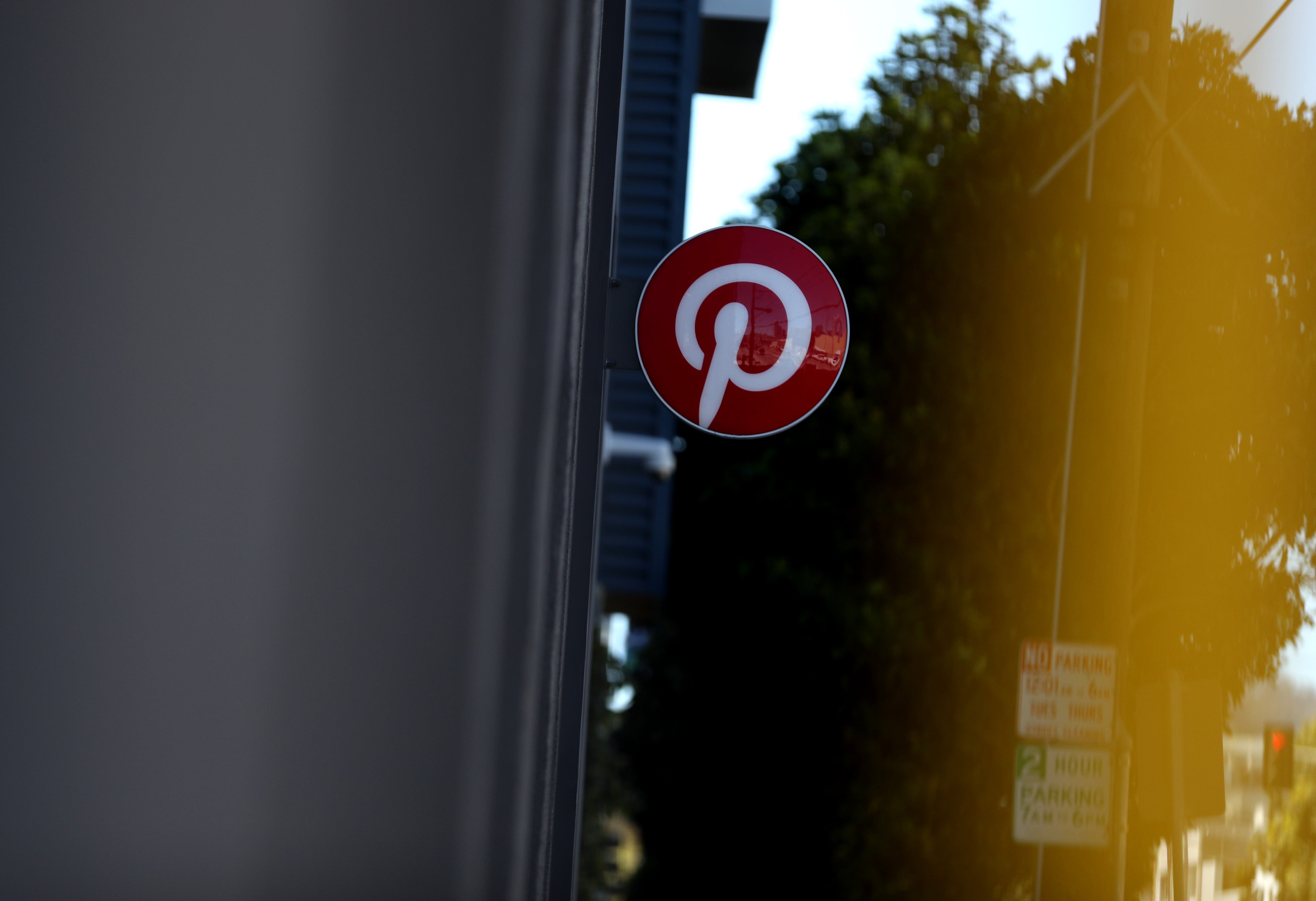Pinterest bans climate misinformation in ‘first’ by major social platform
Company lays out rules on climate denial including conspiracy theories for content and adverts

Pinterest has announced that it is banning climate misinformation across its platform.
The company says that this makes it the first major social network to lay our clear rules on spreading false or misleading climate change information, including conspiracy theories, across content and adverts.
Pinterest was founded more than a decade ago and has 431 million monthly users. It’s popular with people looking for lifestyle inspiration across categories including fashion, home decor, diet and travel.
The company says that searches related to living a greener, more sustainable life are on the rise. Compared to 2021, searches for “zero waste tips” were six times greater; “recycling clothes ideas” were four times higher; “recycled home decor” increased by 95 per cent and “zero waste lifestyle” increased by 64 per cent.
The company policy update, published on Wednesday, bans content that could harm the public’s “well-being, safety or trust”, including that which denied the existence or impact of climate change and the human influence on it.
More than 99.9 per cent of peer-reviewed studies from climate scientists now state that the climate crisis is caused by humans, while the latest chapter of a sweeping assessment, from the UN’s authoritative Intergovernment Panel on Climate Change (IPCC), reported this week that we have less than three years to reverse course on still-rising planet-heating emissions and avoid catastrophe.
In February, the IPCC called out misinformation and political divisions over science as specific barriers to much-needed climate action in North America. It found that vested industry and political interests have undermined climate science, downplayed the risks and “created polarization in public and policy domains”.
Pinterest also said that it would be removing content that spreads false or misleading information about climate change solutions, or misrepresents scientific data, including by omission or cherry-picking, in order to erode trust in climate science and experts.
The platform also said it would not tolerate harmful, false or misleading content about public safety emergencies including natural disasters and extreme weather events.
Sarah Bromma, Pinterest’s head of policy, said the move was an expansion of earlier guidelines first developed in 2017 to address public health misinformation.
“The expanded climate misinformation policy is yet another step in Pinterest’s journey to combat misinformation and create a safe space online,” she said, in a statement.
The social media platform worked with experts at the Climate Disinformation Coalition and the Conscious Advertising Network to create the new policies.
Michael Khoo, climate disinformation co-chair at environmental NGO Friends of the Earth, called climate disinformation on digital platforms “a serious threat to the public support needed to solve the climate crisis”.
We encourage others to take note of Pinterest’s efforts to reduce climate change disinformation,” he added.
Subscribe to Independent Premium to bookmark this article
Want to bookmark your favourite articles and stories to read or reference later? Start your Independent Premium subscription today.

Join our commenting forum
Join thought-provoking conversations, follow other Independent readers and see their replies